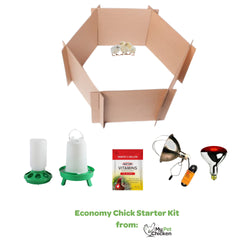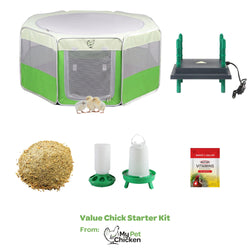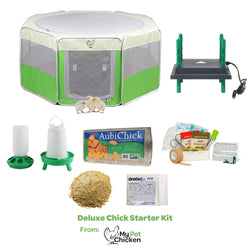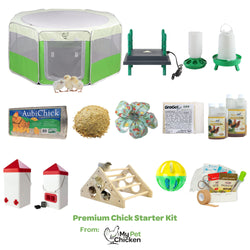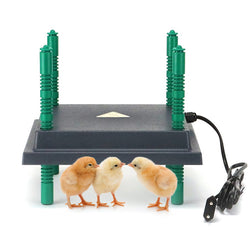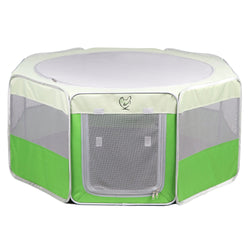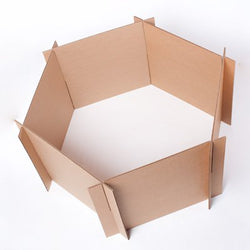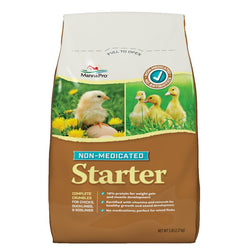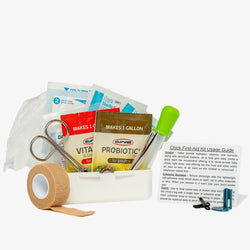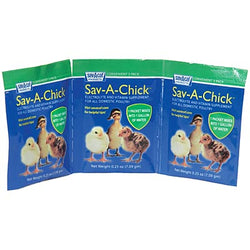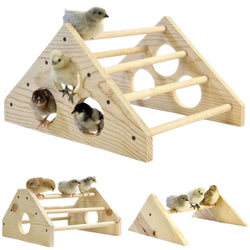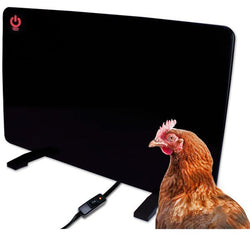Should I heat my chicken coop in the winter?
Back to blog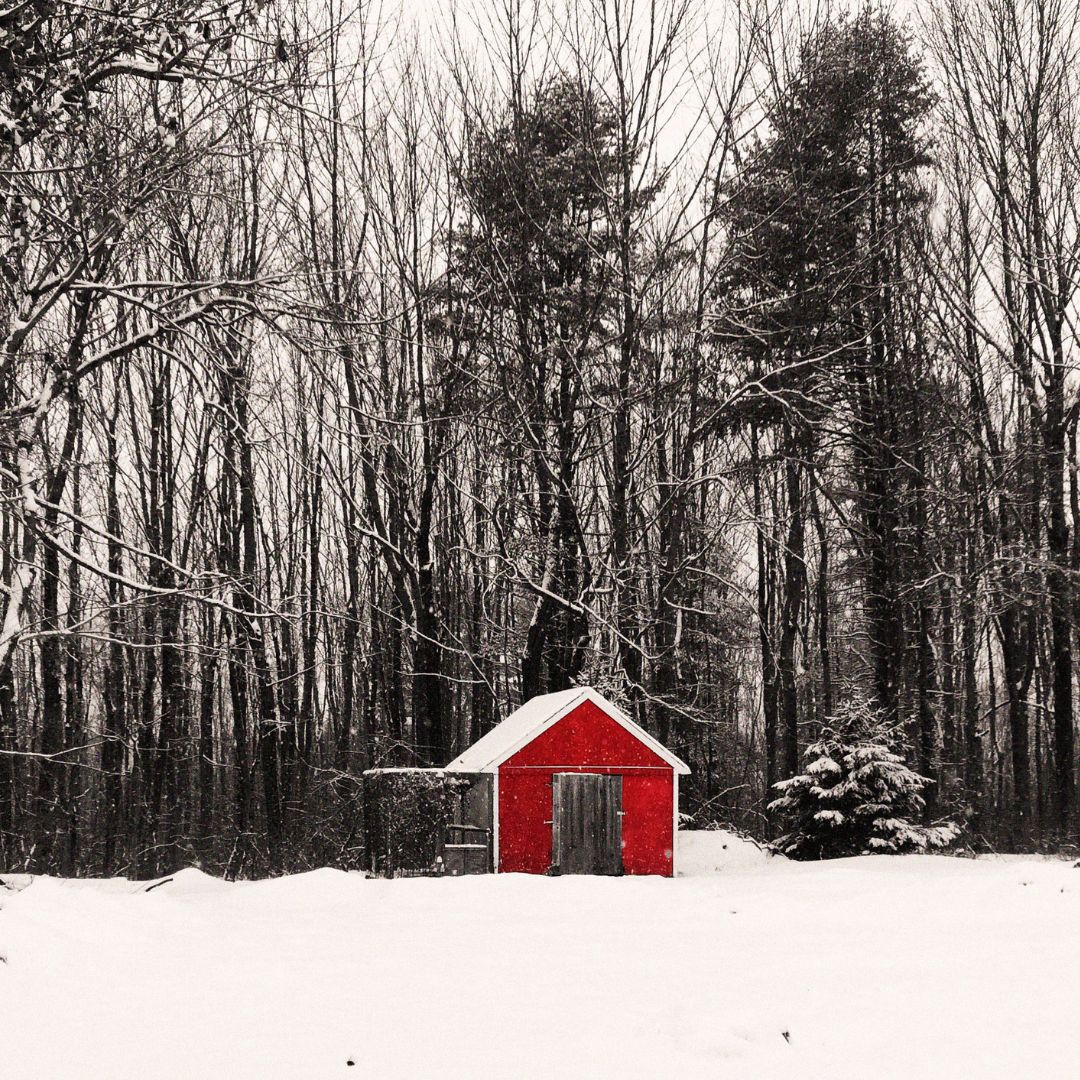
We don't recommend you offer supplemental heat to your coop unless your temps regularly drop well below freezing... Seriously!
Chickens adapt to the cold weather over time. Their body metabolism actually changes along with the seasons. Along with that, they fluff up their feathers in the cold do help retain body heat, as pictured below.

If you were to heat your whole coop to, say, fifty degrees, you would rob your birds of the chance to acclimate to the colder outside temperature - so if the heat were to suddenly cut out (due to loss of electricity, for instance, the temperature would suddenly drop and you could lose your entire flock overnight. We've seen it happen.
ALSO, coops heated with infrared heat bulbs can catch on fire! We've heard from customers who have had this happen, and even one of our employees suffered a devastating chicken coop fire started by a heat lamp.

(See? Here's an Easter Egger enjoying the out-of-doors in winter!)
Heat lamps are the worst
The inexpensive, 250-watt infrared heat bulbs you'll find in any feed store or retail outlet are super dangerous. They put out 435° plus temperatures, making them an especially risky way to heat your coops and brooder because they're dusty places to begin with, and bedding is quite flammable. If you must use a heat lamp, double and triple check that you are not creating a fire hazard. And then just to be sure you're safe, throw the darn thing out. They're just that dangerous.So when do I heat my coop in winter?
If you live in a really cold climate - in the mountains of Vermont, say, or anywhere in Minnesota - there are a few precautions you can take, including, in some circumstances, providing supplemental heat.- Make sure the water supply does not freeze. Chickens cannot live long without fresh water. If you don't have electricity in your coop to heat your water, try bringing the waterer into your house every night, and returning it outside every morning. Check the water once or twice a day to make sure it's not frozen.
- Make sure your coop is ventilated, but not drafty. The ventilation will keep the air dry, which will go a long way toward protecting from frostbite.
- If you have certain breeds and varieties, or you live in areas that are especially harsh in winter, then it can be a good idea to add some extra heat in winter, and...
...These are the best coop heaters on the market
If you have special needs birds or your area regularly sees temps below freezing, you may indeed need to give your flock a little heat boost to help them through the winter. For that, there's nothing better than the safe, energy-efficient Sweeter Heater, the low-wattage Cozy Coop Heater, or the Farmight Adjustable Heater Plate.These heaters won't heat the whole coop; they'll only provide a little extra heat on contact, when birds snuggle right up next to them. This allows your birds to still acclimate to the colder weather, while providing potentially life-saving warmth during especially cold snaps.
Whatever you do, just remember: DON'T HEAT YOUR COOP WITH HEAT LAMPS!
(Read more about how to win winter in this great blog post: 8 things NOT to do when preparing your flock for winter.)
